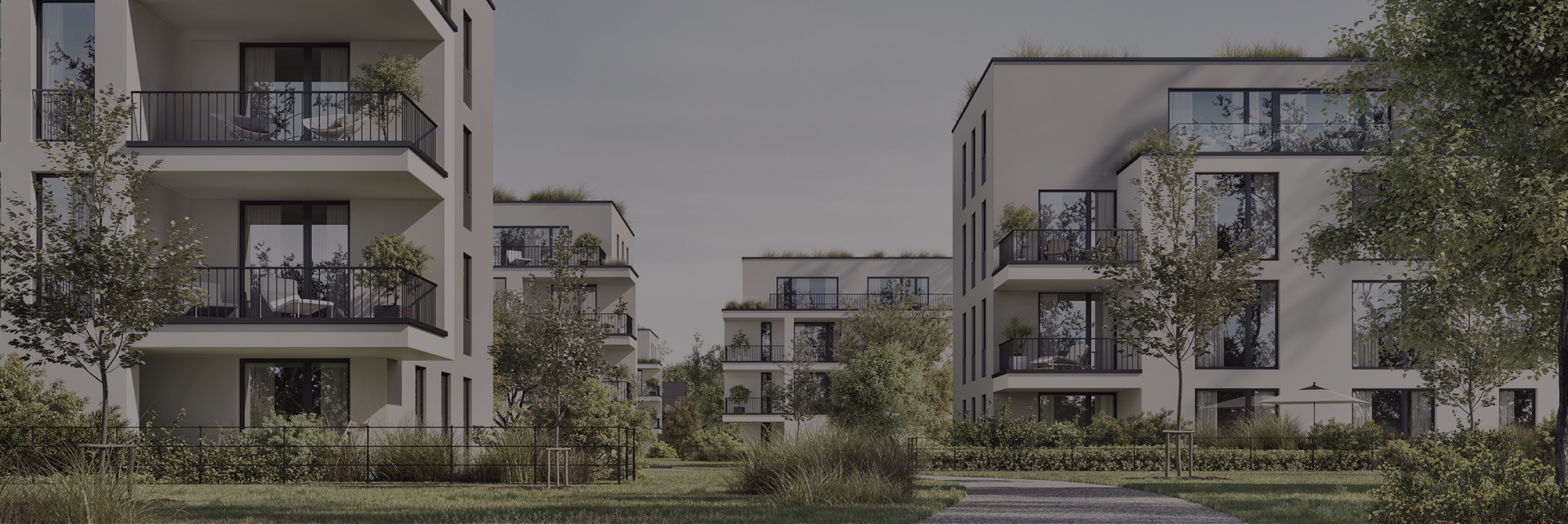Selling luxury condos and townhomes isn’t a one-step process that can happen on its own, nor will a shoddily-put-together marketing strategy suffice.
The housing market is hot right now, and there’s no doubt that buyers are ready for new homes. But actually reaching those eager new home buyers is more challenging than it sounds. In a world riddled with marketing messages, buyers on the house-hunt rarely see advertisements for new homes and underdeveloped neighbourhoods among the hubbub of currently on-market homes.
What are the primary real estate marketing challenges for property developers? What is standing in the way of reaching your ideal new home buyers, and what are the solutions to these challenges? That is exactly what we’re here to explore today. Join us as we spotlight and solve the factors holding back your real estate marketing.
1) Weathering Market Volatility
Every member of the real estate industry knows that good housing markets don’t last forever. Various factors in the housing market and the greater economy have significant influence over buyer choice. Rising interest rates and economic recessions both cause buyers to become more cautious and less receptive to the casual in-town marketing traditional to real estate developments.
It’s vital that your property development company’s marketing be prepared for market volatility. Your campaign should be strong enough to withstand times when the market is low and coast comfortably through times when the market is hot.
Solution: Build a Robust Marketing Campaign
Design a complete and robust marketing campaign that will not falter as the housing market fluctuates. A strong brand and unified brand message are a good place to start, as you will quickly build buyer recognition whether the market is up or down. Make sure the volume of your marketing is enough to tide over low times in the market so these hiccups don’t catch your business with too few buyers.
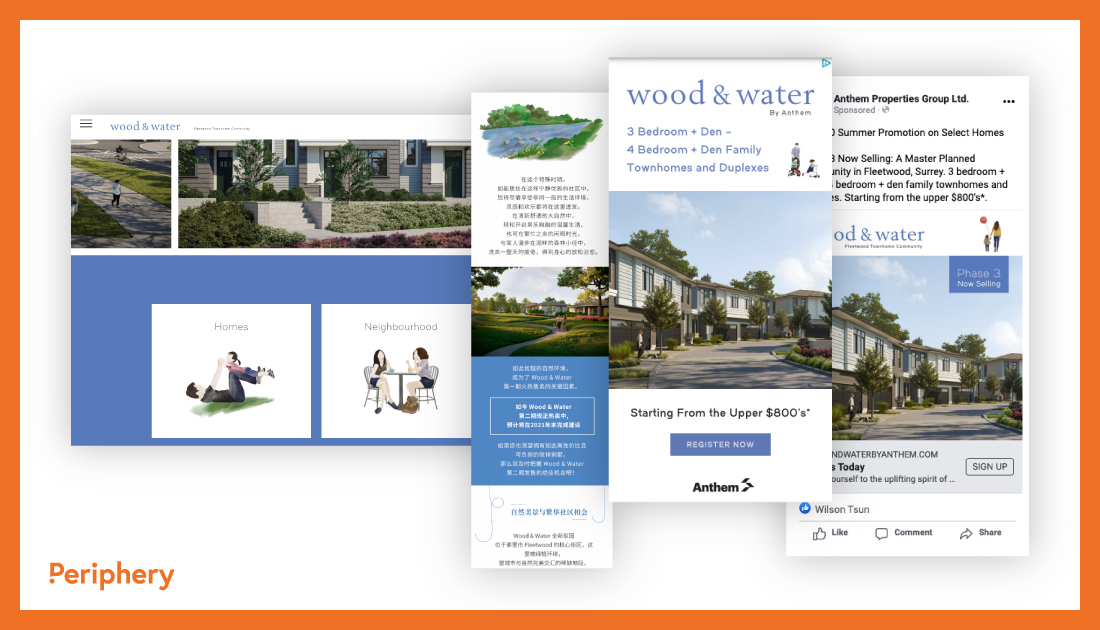
2) Unfocused Buyer Targeting
In a perfect world, real estate marketing can target all potentially interested buyers equally. In reality, every campaign needs a target audience so you can hit your mark and see success with your campaigns. Without a focus audience, your marketing will appeal to no one. While you may be trying to be open-ended and welcoming, buyers who can’t figure out a clear message and don’t feel like they’re being spoken to personally are less likely to be enticed by your marketing.
Solution: Define Your Target Buyers
Use your neighbourhood location and home style to help narrow down your target demographic. Who will love the houses you’re building? How can you target them specifically? Build buyer personas to represent the types of people you expect to sell to, then build a marketing campaign that will delight your target audience on the channels where they spend their time.
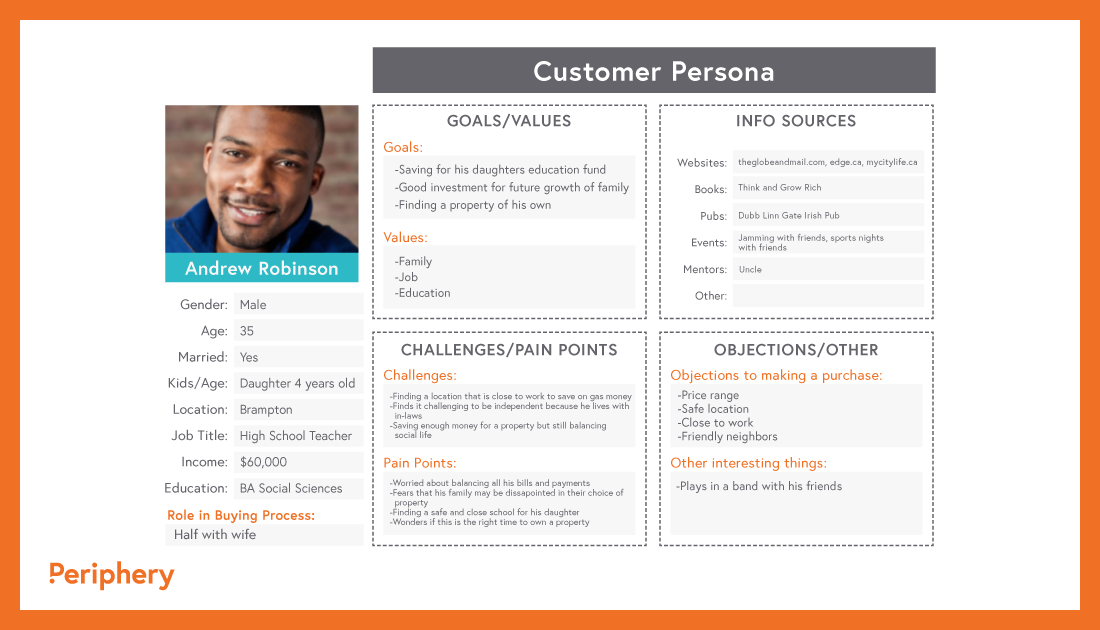
3) Meeting Buyers Where They Shop – Online
Modern buyers don’t shop in person nearly as much as they shop online — even for new homes. In fact, 87% of product searches begin online. Open houses and demo homes are still essential, but you’ll find very few people at your open houses without first inviting your prospects online. Today’s buyers search online for everything from toothpaste to two-storey homes before they commit to an in-person sale. Many do their house-hunting completely online since the beginning of 2020 when virtual tours and more detailed home listings became the norm.
But ‘the norm’ also focuses on selling already-built homes. If you want to compete with the existing housing market for buyers, you’ll need a strong online presence.
Solution: Build Online Listings and a Good Website
Build an online presence for your development company and the homes you plan to sell. Get your project on sites like BuzzBuzzHome, Zillow, and Trulia to catch your audience where they’ll be looking for you. Your company, and even project, should have a well-developed and engaging website. Generate inbound marketing with search engine optimized blog articles about the homes and the neighbourhood, ensure there are plenty of images, and have your call to action button front and centre.
Download our free e-book for a more granular look at how to build the best real estate project website.
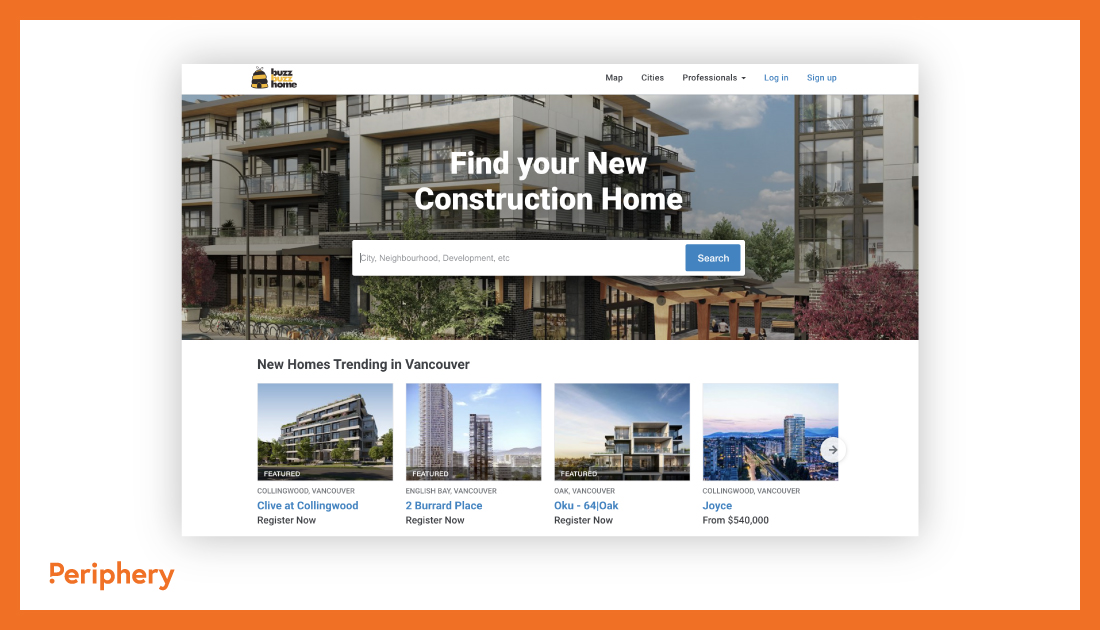
4) Maintaining Social Media Pressure
Of course, online marketing doesn’t stop at real estate sites. The most engaging form of digital marketing today is social media marketing. A combination of inbound content marketing and attention-grabbing visuals, social media marketing helps your brand build a following — including potential buyer or brand advocates. We’d recommend also including networks like WeChat to reach a Chinese audience — it is the world’s 6th most popular social network after all.
However, it can be exceedingly challenging for a non-digital brand to keep up with the pressure of regular and engaging social media posts. Most property developers hardly have their own social media team on board, despite the need for a strong online presence.
Solution: Work with a Social Media Manager
Don’t let your social media fall by the wayside. An experienced social media manager can coordinate assets and make sure they fire at a steady pace into the social sphere, keeping your project top of mind for your target audience. Your social media manager will arrange for the marketing assets they need and ensure your content launches at times-of-day most likely to build a live response from your audience. Social ads are also a great option to explore if you have the budget — a lot of our clients see great success from Facebook and Instagram ads.
5) Disorganized or Over-Budget Marketing
Some real estate marketing takes great deal of effort (and budget) without the results you’re looking for. Throwing money at a problem (in some cases) isn’t going to make it go away. Disorganized marketing and sloppy targeting can be almost as bad as no marketing at all, as there’s a chance you could send the wrong impression to your target audience. A haphazard approach to sharing promotional materials and building campaign assets can also confuse your audience and fail to convey your brand message appropriately, ensuring their eyes glaze over to your more engaging competitors.
No business should go over budget on marketing that isn’t having the desired effect.
Solution: Unify Your Marketing Campaigns
Bring all your marketing efforts together into a few well-timed campaigns. Have them managed under a single marketing or project manager and then delegated to your broader marketing team. Better yet, contract an agency to handle your marketing initiatives so you can focus on handling your business operations. Central coordination and focused campaigns will both tighten your budget and increase the results of your marketing efforts.
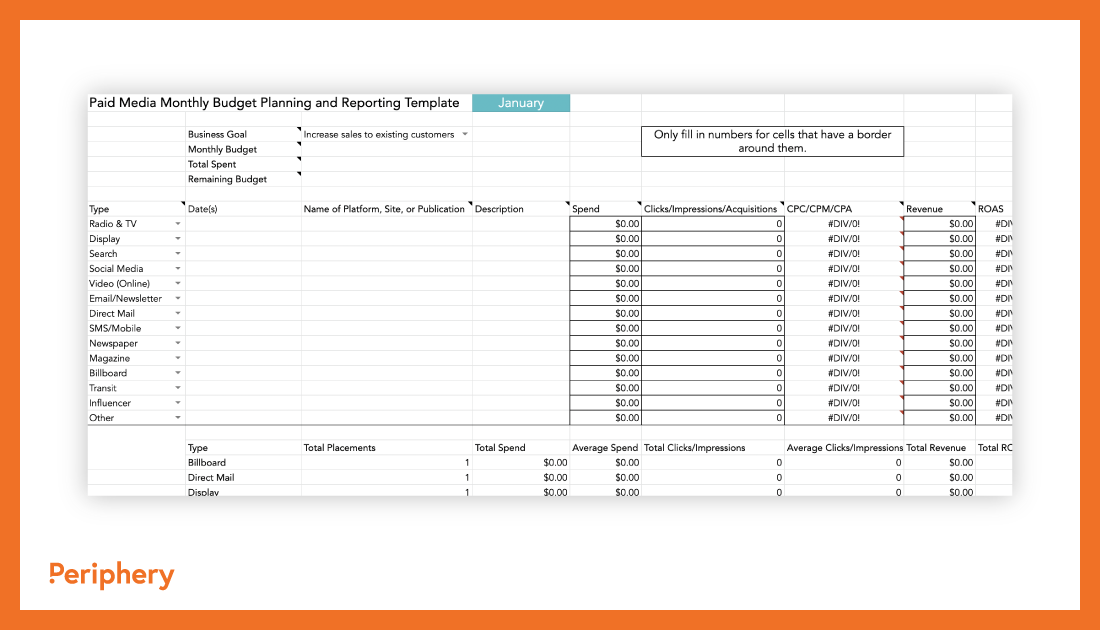
6) Creating Marketing Experiences
Display homes and presentation centres are the traditional way that property developers get buyer attention and entice them to buy a home that is not yet complete. But how do you get buyers into your display homes for the full experience if everyone is shopping remotely? Many property developers are facing a new landscape of social distancing and no-contact home tours where demo homes are not as compelling as they should be. Fortunately, the solution is the same one discovered by the mainstream real estate market when open houses stopped during 2020.
Solution: Virtual Tours of Your Display Homes
Can’t get buyers into the display homes? Bring the display homes to them! Have a 3D virtual tour shot of every display house. Print floorplans and share the immersive 3D walkthrough of your beautiful home spaces. Buyers who are house-hunting online will finally be able to ‘take the tour’ without leaving the comfort and safety of their home. This gives your online prospects a chance to fall in love with the houses even if they don’t drive out to personally walk through them.
7) Building a Buyer Community
Lastly, your marketing challenge faces building a community as you entice new buyers to homes in the developing neighbourhood. Property developers can and should try to use marketing to connect those who will soon be neighbours. Building an early sense of camaraderie between home buyers can nurture your neighbourhood’s good vibes before the homes are even complete on each street. But how do you bring disparate buyers together to form the basis of the community?
Solution: Host Pre-Community Events and Virtual Events
Get your community together through events! With things beginning to open up again, start hosting small meet-and-greet events that encourage buyers to mingle and form the beginnings of a community. When your HOA clubhouse goes in, invite everyone to cookies and punch to celebrate the new space. You can also host virtual events like video meetings and invite your current buyers to chat and open the long-term neighbourly conversation.
In Conclusion
Marketing is a complex task for real estate property developers, but it’s one you can tackle with the right marketing strategy. Contact us today to explore the current state of your property development marketing and learn how we can boost your initiatives to attract high-quality leads, and ultimately sell more homes.

